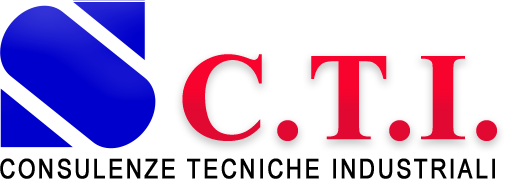Our synergy for your goals
Procurement
To manage at project level all the Purchase Orders related to the supplies of the contractors, in the procurement processes of materials intended for prefabrication and assembly activities.
Project Coordination
To manage and coordinate the teams employed in surveillance activities and individual inspections, offering detailed and dynamic programming based on the Clients needs.
Review of all Inspection Reports issued by
members of the QC / Expediting department, also for the purposes of job analysis activity.
KPI and Root cause analysis
Key performance indicators (KPIs) refer to a set of quantifiable measurements used to value a company’s overall long-term performance.
KPIs specifically help to determine a companys strategic, financial, and operational achievements, especially compared to those of other businesses within the same sector.
KEY TAKEAWAYS
-> Key performance indicators (KPIs) measure a company's success versus a set of targets, objectives, or industry peers.
-> KPIs can be financial, including net profit, revenues minus certain expenses, or the current ratio (liquidity and cash availability).
-> Customer-focused KPIs generally center on per-customer efficiency,
customer satisfaction, and customer retention.
-> Process-focused KPIs aim to measure and monitor operational
performance across the organization.
-> Generally speaking, businesses measure and track KPIs through
business analytics softwares and reporting tools.
Meeting organization (KoM, PiM)
Participate in KoMs and PIMs with the project team and, when possible/necessary, on the Suppliers premises. Our Managers aim to verify the contractual requirements, guaranteeing the right applicability by the Clients.
Expediting
With expediting we mean the activity of monitoring the progress of what is specified in the purchase order, it aims to ensure that suppliers comply with the order requirements in terms of delivery times and quantities supplied through the action reminder.
The need to keep individual supplies under control in order to achieve the company's quality standards, and what is contractually required by the end user, above all, to assume more and more critical importance, in the case of complex orders where the monitoring of the progress schedules of the projects entrusted to the individual suppliers allow the customer to avoid inefficiencies and risks of incurring penalties in the contract management


